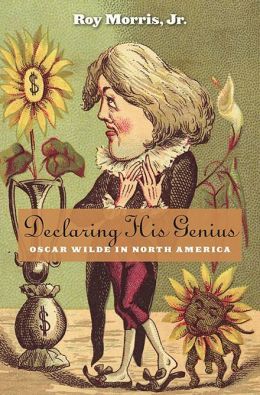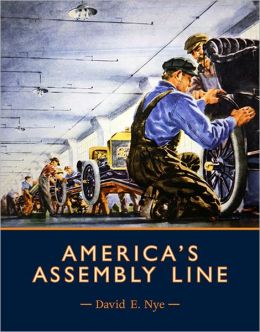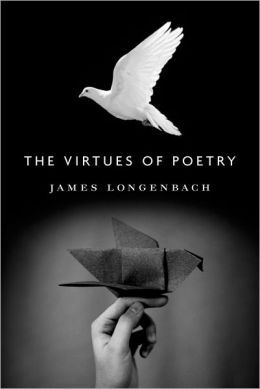-

Declaring His Genius: Oscar Wilde in North America
by Roy Morris, Jr.

The Nutshell:
Historian and literary scholar Morris chronicles Oscar Wilde’s 1882 lecture tour of America—a cross-country odyssey that was both pilloried and celebrated by the press, inspiring thousands to imitate the poet-playwright’s bold style.
Literary Lovechild Of:
Ticket to Ride: Inside the Beatles’ 1964 and 1965 Tours That Changed the World by Larry Kane and Richard Ellmann’s Oscar Wilde.
You'll Find It On Your Bookshelf If:
You never leave home without a scarf.
Cocktail Party Fodder:
Newspaper reports on Wilde’s lectures mentioned audiences of young men with “banged hair”—implying that they were gay.
For Optimal Benefit:
Read in the stacks of L.A.’s Clark Library.
Snap Judgment:
The notion that Wilde’s year in America changed the nation, as Morris contends, is not all that convincing, but Wilde’s often madcap antics—and his many priceless quotations—are wonderfully spun.
-

America’s Assembly Line
by David E. Nye

The Nutshell:
One hundred years after Henry Ford invented—or rather, as University of Southern Denmark historian Nye explains—developed the assembly line, Nye traces this massive sea change in American industry from its roots in the 19th century to the outsourced factory jobs of Asia today.
Literary Lovechild Of:
Henry Ford’s My Life and Work and Thomas P. Hughes’ American Genesis: A Century of Invention and Technological Enthusiasm, 1870-1970.
You'll Find It On Your Bookshelf If:
You convinced your siblings that you could all build better Christmas ornaments—if they each did the task you assigned them, and only that task. But you paid competitive wages.
Cocktail Party Fodder:
In 1909 assembling a single Model T took more than 12 hours; by 1914 it took 93 minutes.
For Optimal Benefit:
Buy 50 copies for 50 friends and tell them each to read the same single chapter 50 times.
Snap Judgment:
Nye writes robust business and technological history with a punctilious eye for detail.
-

The Virtues of Poetry
by James Longenbach

The Nutshell:
These 12 essays from University of Rochester critic Longenbach each unpack a poetic virtue—but not the ones your English teacher taught you to expect. Close reading of poems by and biographical anecdotes about some of history’s greatest poets (Shakespeare, Dickinson, Ashbery) illuminate virtues like writing badly and choosing not to take risks.
Literary Lovechild Of:
Helen Vendler’s Poets Thinking: Pope, Whitman, Dickinson, Yeats and Edward Hirsch’s How to Read a Poem: And Fall in Love with Poetry.
You'll Find It On Your Bookshelf If:
You always thought Shakespeare wrote kind of badly. There. You said it.
Cocktail Party Fodder:
English poetry’s advantage over French or Italian is that it’s derived from both Latin and Anglo-Saxon roots—offering more interesting contrasts.
For Optimal Benefit:
Read before thinking outside the box. Maybe you belong in the box.
Snap Judgment:
Longenbach’s readings are wonderfully idiosyncratic—kind of like his thesis.



